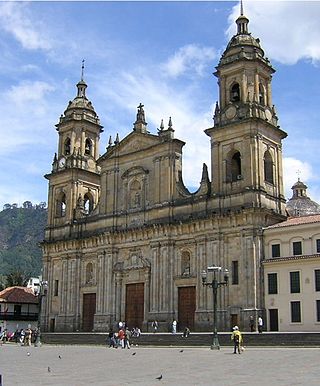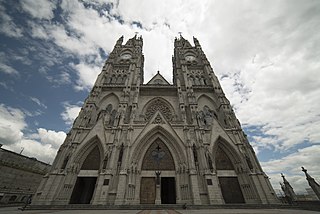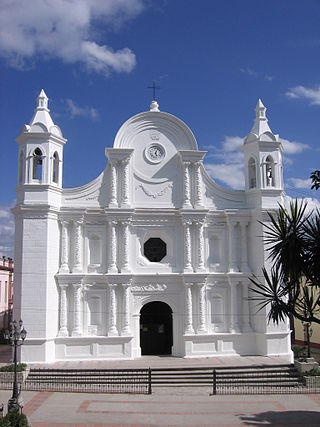
Religion in Colombia is dominated by various branches of Christianity and is an expression of the different influences in the Colombian culture including the Spanish, the Native Amerindian and the Afro-Colombian, among others.
Islam is the official religion in Kuwait, and the majority of the citizen population is Muslim.
The Constitution of Burkina Faso provides freedom of religion, and the Government respects this right in practice. Government policy contributes to the generally free practice of religion. There were no reports of societal abuses or discrimination based on religious belief or practice; however, at times community members forced older women falsely accused of being witches to flee their villages.
The Constitution of Cameroon provides for a secular state with freedom of religion.
The Constitution of Mongolia provides for freedom of religion; however, the law somewhat limits proselytism.
The Constitution of Bahrain states that Islam is the official religion and that Shari'a is a principal source for legislation. Article 22 of the Constitution provides for freedom of conscience, the inviolability of worship, and the freedom to perform religious rites and hold religious parades and meetings, in accordance with the customs observed in the country; however, the Government has placed some limitations on the exercise of this right.
The Constitution of Albania provides for freedom of religion, and the Government has generally respected this right in practice. There have been no reports of societal abuses or discrimination based on religious beliefs or practice.

When it comes to religion, the Ecuadorian society is relatively homogeneous, with Christianity being the primary religion. Catholicism is the main Christian denomination in the country. There are also minorities of other religions.

Religion in Guyana is dominated by various branches of Christianity, with significant minorities of the adherents of Hinduism and Islam.

Christianity is the largest religion in Benin, with substantial populations of Muslims and adherents of traditional faiths. According to the most recent 2020 estimate, the population of Benin is 52.2% Christian, 24.6% Muslim, 17.9% traditionalist and 5.3% follows other faiths or has no religion.
Of the religions in Tunisia, Islam is the most prevalent. It is estimated that in 2022, approximately 99% of Tunisia's inhabitants identified themselves as Muslims.
According to the 2012 census, Islam is the most followed religion in Niger and is practiced by 99% of the population. According to Pew, roughly 80% of Muslims are Sunni of Maliki school of jurisprudence, whilst 20% are non-denominational Muslims Other religions practiced in Niger include Animism and Christianity.

Christianity is the predominant religion in Solomon Islands, with Anglicanism being the single largest denomination.

Christianity is the largest religion in Nauru, with Nauru Congregational Church being the largest denomination, encompassing 35.71% of the population as of the 2011 census.

The predominant religion in Panama is Christianity, with Catholicism being its largest denomination. Before the arrival of Spanish missionaries, the various ethnic groups residing in the territory of modern day Panama practiced a multitude of faiths.

Haiti is a majority Catholic country.

The predominant religion in Honduras is Christianity, with Catholicism and Evangelicalism being its main denominations. The country is secular and the freedom of religion is enshrined in the nation's constitution.

The most common religion in Dominica is Christianity, with a majority of practitioners identifying as Catholic. Various minority religious groups are also present on the island.
The status of religious freedom in Africa varies from country to country. States can differ based on whether or not they guarantee equal treatment under law for followers of different religions, whether they establish a state religion, the extent to which religious organizations operating within the country are policed, and the extent to which religious law is used as a basis for the country's legal code.
The status of religious freedom in North America varies from country to country. States can differ based on whether or not they guarantee equal treatment under law for followers of different religions, whether they establish a state religion, the extent to which religious organizations operating within the country are policed, and the extent to which religious law is used as a basis for the country's legal code.










